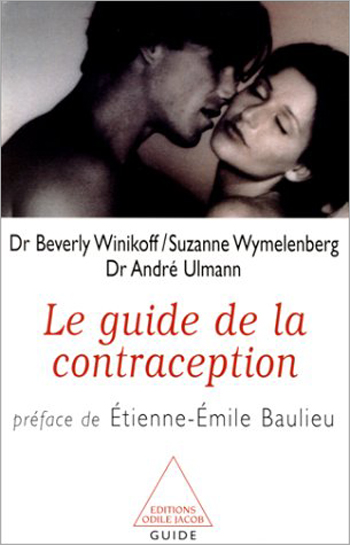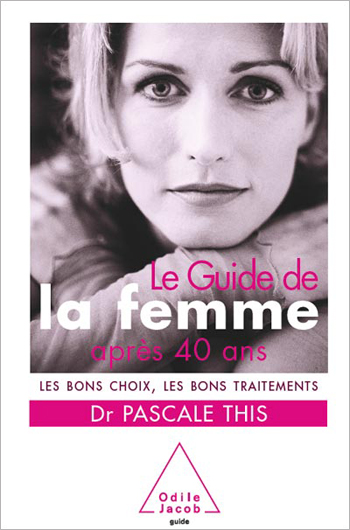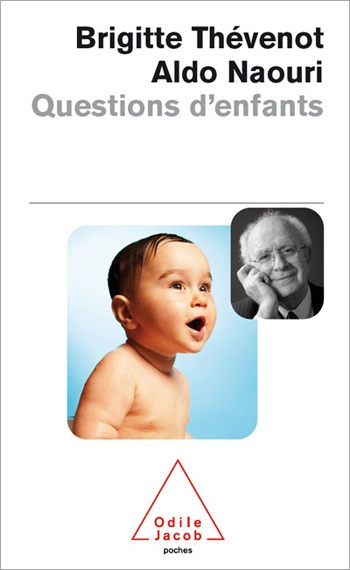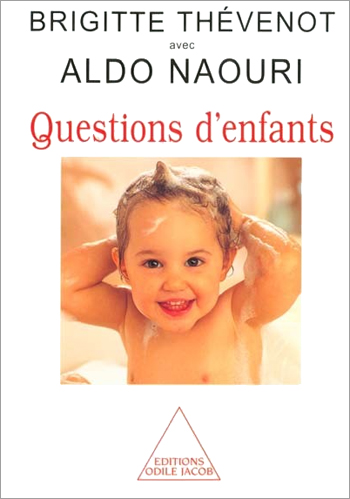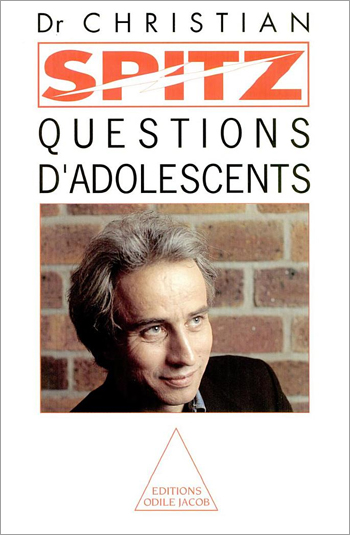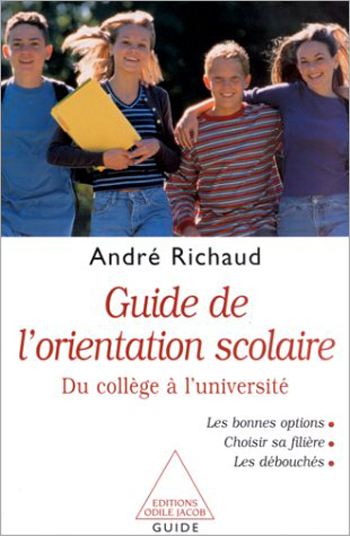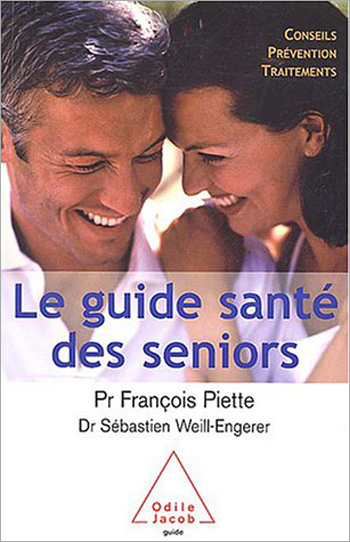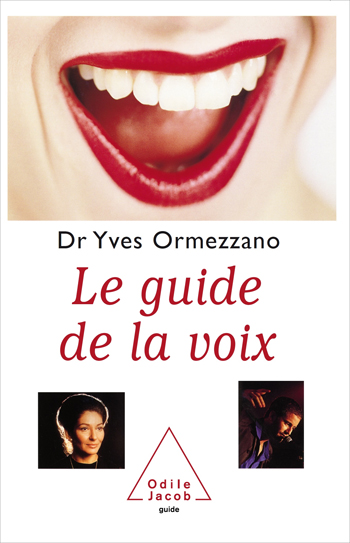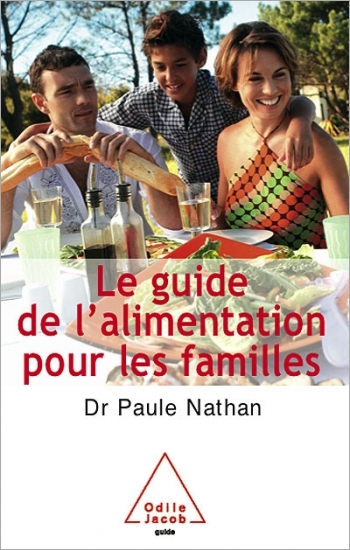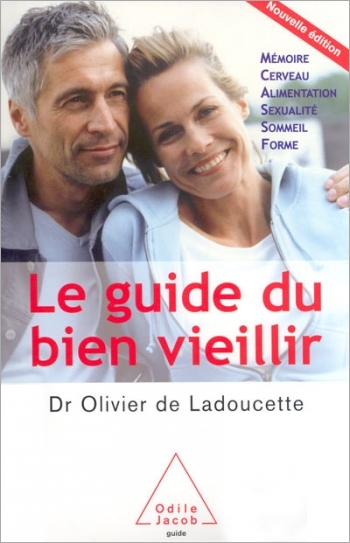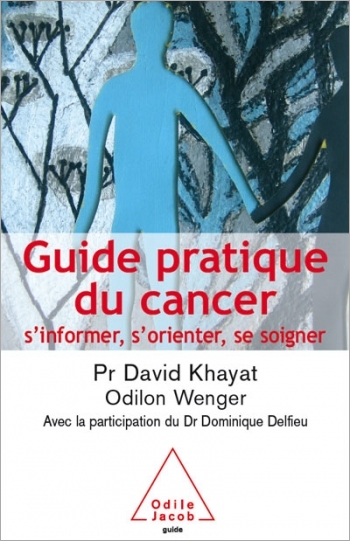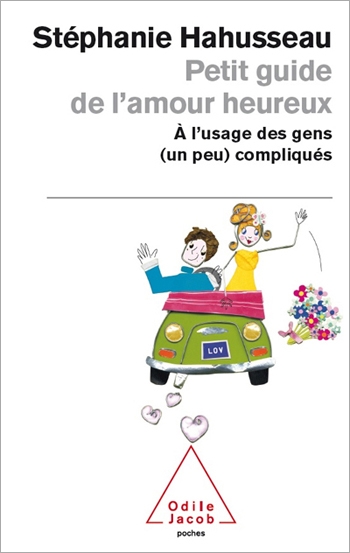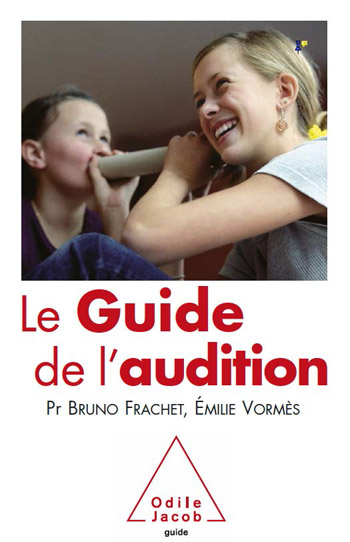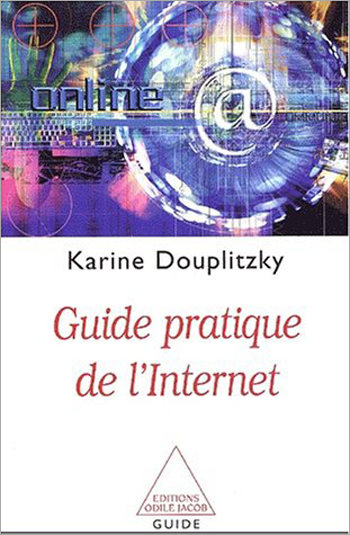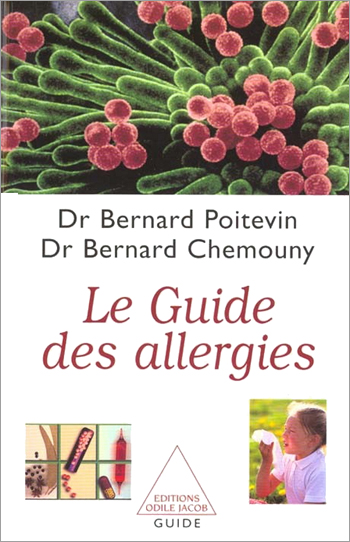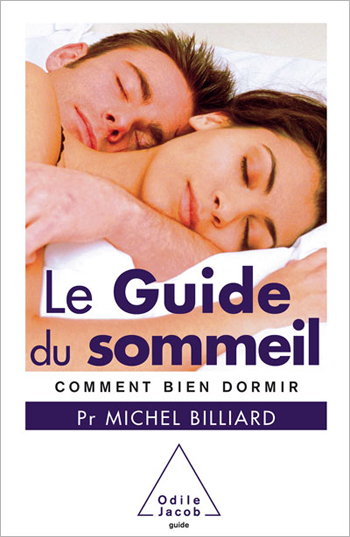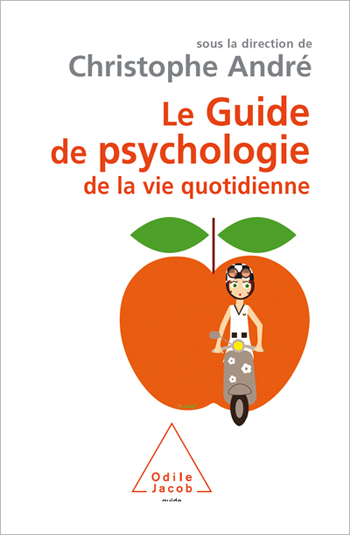Guides All books
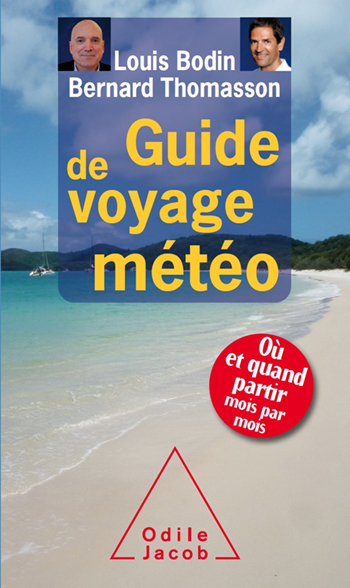
Louis Bodin, Bernard Thomasson
Weather Travel Guide
An indispensable guide to worldwide weather conditions to help you choose your travel destination
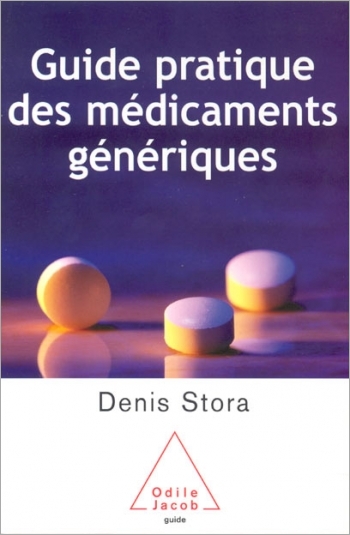
Denis Stora
Guide to the Main Medications and Their Generic Equivalents
Since October 2003, France's health-care system has required users to purchase generic medications, when these exist, if they wish their medical prescriptions to be covered. Physicians have agreed that 75% of all prescriptions will be for generic medications, and pharmacists are committed to making the necessary substitutions. Physicians, pharmacists and users will thus be utilising an increased volume of generic medications. Presented here in alphabetical order are the 150 molecules contained in approximately 1600 medications that are on the market today. More than a list of generic equivalents, this is an intelligent guide to medications. Each molecule listed is described with its pharmacological activity, therapeutic indications and contra-indications, dosages and major recommendations. This is a highly useful pedagogical guide, since brand names will gradually disappear in favour of their chemical names (paracetamol instead of Doliprane, fluoxetine instead of Prozac). Denis Stora, the holder of a doctorate in pharmaceutical studies, has been a licensed pharmacist for twelve years. He is a teacher and the author of numerous practical books for nurses and pharmacists.
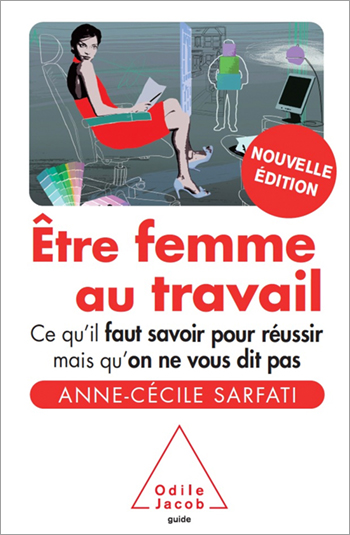
Anne-Cécile Sarfati
Women’s Guide to Success How to Reconcile Personal and Professional Life
A practical tool offering concrete advice to women who may sometimes feel discouraged and disillusioned in the course of their professional lives.
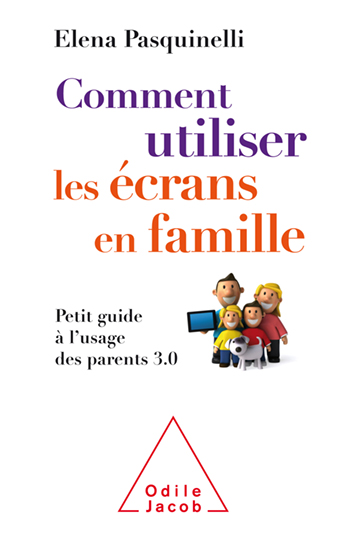
Elena Pasquinelli
How to Use Screens in Your Family A Guide for Parents 3.0
Everything you need to know on strategies to encourage a reasonable use of screens for our children and… for ourselves!
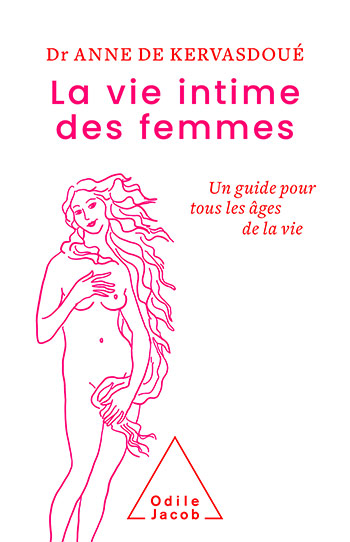
Anne de Kervasdoué
New Questions from Women Responses to 1001 questions that women ask about their health and their well-being, at every age in life
All the experience and knowledge of a gynecologist who has been listening to women for 40 years.
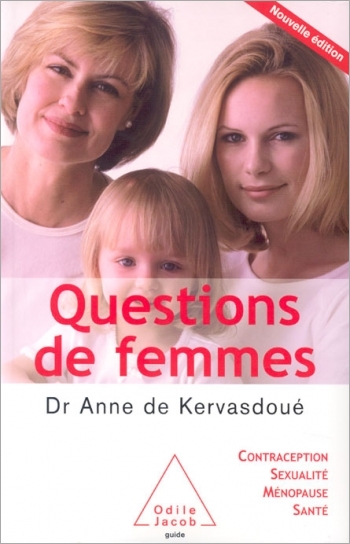
Anne de Kervasdoué
Women's Questions New, revised and enlarged edition
This is the revised and expanded fourth edition of Anne de Kervasdoué's highly successful handbook on women's health, Questions de Femmes. The author, a gynaecologist, answers a large range of questions about the female body, sexuality and the control of fertility. She provides an extensive survey of gynaecological information for each stage of a woman's life, from birth to old age. What type of contraception should be used before the age of twenty, and after forty? How can a woman increase her chances of becoming pregnant when she wishes? What should be done if a woman has one miscarriage after another? How can medicine further sexual fulfilment? What can plastic surgery do for breast enhancement? How does breast cancer develop? What are the effects of AIDS on maternity? What are some of the symptoms of sexually transmitted diseases? Anne de Kervasdoué also offers precise and detailed information about such recent developments as intracytoplasmic sperm injections (ICSI) for the treatment of male sterility, she explains what is the third-generation Pill, and she examines the secondary effects of Hormone Replacement Therapy (HRT). Most of the changes in this new edition concern the treatment of the menopause. Following the recent publication in Britain and the United States of three studies revealing a higher incidence of breast cancer and cardiovascular diseases among women who take hormones, questions are being raised about the benefits and risks of HRT, and women want to be able to make informed decisions. Included here are a practical guide and a list of useful addresses, which have also been updated. Anne de Kervasdoué is a gynaecologist working in the maternity clinic Saint-Vincent-de-Paul, in Paris. She is the author of Jours de Femmes, and the co-author (with Janine Mossuz-Lavau) of Les Femmes ne sont pas des hommes comme les autres and (with Dr. Jean Bélaïsch) of Questions d'Hommes, all three published by Editions Odile Jacob.
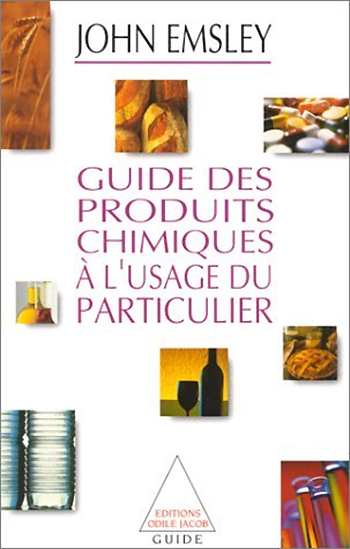
John Emsley
The Guide to Chemical Products for the Individual
Are artificial sweeteners dangerous for the body ? Can plastic packaging cause cancers by contaminating our food ? Could serious stomach complaints be caused by the nitrate contained in chemical fertilizer ? We have all heard the worrying stories about the danger posed by the numerous chemicals needed by industries to make the products which we use everyday. Does this mean there is good and bad chemistry ? The reader will find in this guide a great deal of surprising, and for the most part, reassuring information on the reality of the situation. John Emsley is a scientist at Imperial College, London. In addition to his regular radio slots, he writes for The Independent newspaper, and regularly contributes to New Scientist magazine.

